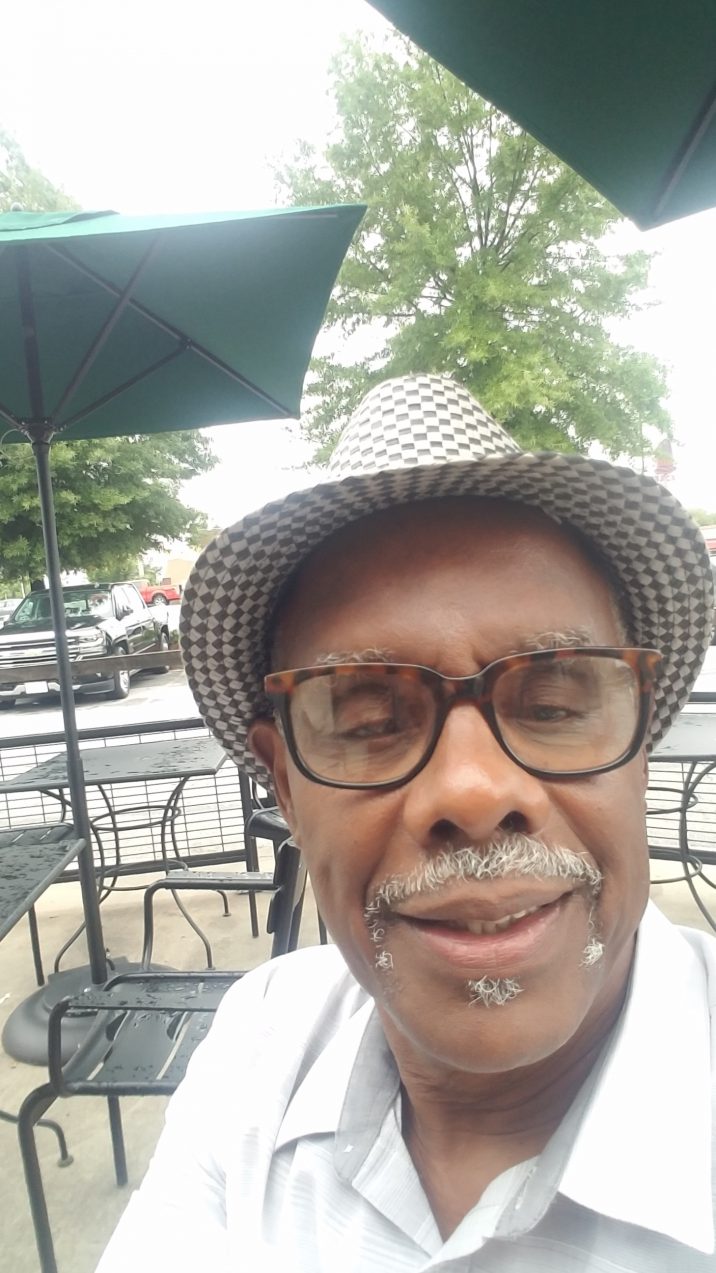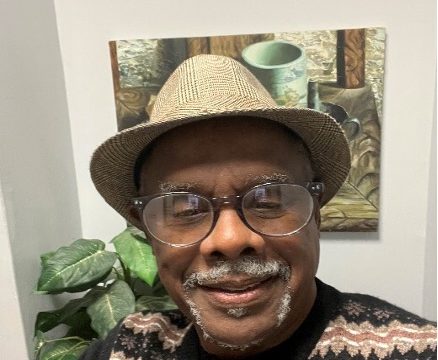

Morris Brown College
Other than being accomplished African Americans, what else does Vice President Kamala Harris, Atlanta Mayor Keisha Lance Bottoms, singer Gladys Knight, the late Challenger astronaut Dr. Ronald McNair, and Dr. Martin Luther King, Jr. all have in common? They are graduates of HBCU’s (Historical Black Colleges & Universities) – Harris, Howard University, Bottoms, Florida A&M, Knight, Shaw University, McNair, North Carolina A&T and King, Morehouse College.
Which takes us to a lesser known HBCU grad, Charles (Chuck) Barlow, Sr., his story and in a broader context, the story of the instrumental role the HBCU, in his case, Morris Brown, plays in the lives of African Americans.
Let’s start with Morris Brown College, the first college founded by African Americans in the state of Georgia.
In 1885 Morris Brown opened its doors in a crude wooden structure at the corner of Boulevard and Houston Streets in Atlanta. Morris Brown Colored College (its original name) was founded by African Americans affiliated with the Methodist Episcopal Church, the first independent Black denomination in the United States. It was named to honor the denomination’s second bishop, Morris Brown, originally from Charleston, South Carolina.

Years earlier, John M. Brown, a student at Oberlin College who later became a Bishop, wrote a letter to the Church dealing with the question of education among people of color. He wrote: “It is a self-evident fact that the people of color of this country have been denied the privilege of a liberal education; therefore, it reasonably follows that they stand much in need of one.”
At the time, there were only three institutions for higher education to which young men and young women of color had access thus, as had long been the tradition, Black churches were the catalyst behind the founding of HBCU schools. The need for an educated clergy turned into a crisis as the education of the members in the pew began to outpace the education of those in the pulpit. Many preachers back then were illiterate and relied heavily on God’s “inspiration” to help them in preaching because they could not read the Bible for themselves.
In 1935, Morris Brown College purchased the buildings located on Diamond Hill from Atlanta University on Hunter St, now M. L. King, Jr. Drive. The National Historic Landmark Fountain Hall is at the apex of the highest natural elevation in Atlanta, and the grave of the first Atlanta University President, John Hope, is on the campus.
Before matriculating at Morris Brown years later, Barlow remembers, “I was born a sharecropper’s son in Butts County, a “cotton picker” who attended school every other day in the spring (planting season}, and the fall (harvesting season). In 1962 I was 12 years old when my daddy, Eulus Barlow, delivered the FIRST bale of cotton to the cotton gin in Jackson, Georgia. I was a sharecropper’s son.
My father was a hard worker and an achiever. He believed that no matter the job, you do your best and be the best. Delivering the first bale of cotton made him the best in the county in picking cotton. He would say to me, “Son, you may not have money or land, but you have your “rep” (reputation), protect it!” The Barlows had a reputation for being honest hard workers who got the job done.
I graduated from Henderson High School in 1967, scored 580 on the SAT, applied to several HBCUs and was accepted at Clark College, Morris Brown College and Fort Valley State College. I enrolled at Morris Brown in the fall on probation because I was reading at a 10th grade level. I had to take a remedial reading course for two semesters and maintain a “C” average to stay after the first year. It was a challenge doing college work reading at a 10th grade level.”
Why are HBCUs important and still needed today? Chuck was quick to answer:
“First, it is unlikely that I would have been accepted at a non-HBCU due to my SAT score and reading level. Second, and has been the tradition at HBCUs, the professors at Morris Brown wanted me to succeed, pushed me to succeed, and nurtured me as if I was their own child.
In the end, I graduated in four years in the top 10% of my class; went to work for the Mutual of New York Insurance Company and was soon drafted into the U. S. Army during the Vietnam War. Afterwards, I was hired by XEROX Corporation and became a high achiever in sales.
Today I am a Business Owner, CEO of the Pan African American Chamber of Commerce, have been to Africa four times and was elected president of the Morris Brown National Alumni Association and member of the Morris Brown Trustee Board. I also serve as President of the Jackson-Butts NAACP; the President & Board Chair, Henderson School Alumni Association and co-founder of a non-profit with my son, Saving Our Sons & Sisters International where we tutor struggling readers. I am also a Minister and Pastor and Life Enrichment Coach and Co-Founder of Butts County Ministerial Alliance.
Today Morris Brown College lives up to the legacy of its namesake, Bishop Morris Brown, and its motto, “Haven for all Hungry Souls. Feeding them shall be our goal.” Its grand history is based on accepting students under a liberal admission policy, while producing exceptional graduates. It is a legacy of successfully addressing the needs of the African American community by producing graduates and alumni most notably in the areas of accounting, business, history, education, hospitality, legal studies, music and religion.
Over the years, Morris Brown produced secondary and post-secondary educators, including the first principal, Charles Harper, of the first public school for African Americans in Georgia, Washington High School.
When integration began to open the doors in the fields of business, particularly in the South, the College was the world’s leader in African American graduates to earn their certification as CPA’s during the 20th century. With the expansion of Hospitality and Tourism, Morris Brown College developed programs ranked in the top one percent in the United States. The legal studies program set the foundation for a high acceptance rate for graduates interested in law, and the criminal justice program produced the first female chief of police of a major US city, Atlanta Police Chief Beverly Harvard.
While choirs and marching bands are considered extracurricular activities, Morris Brown College’s music reached international recognition, appearing in the Macy’s Thanksgiving Parade several times and playing for NFL Teams like the Atlanta Falcons and the Baltimore Colts. Morris Brown’s Department of Business produces graduates who compete with graduates of any colleges and universities in the world.
Because of Morris Brown College and other HBCUs, the seemingly impossible represents the possible
Chuck Barlow, Sr., and Terry Howard are members of “The 26 Tiny Paintbrushes” Douglas County Writers Guild.


